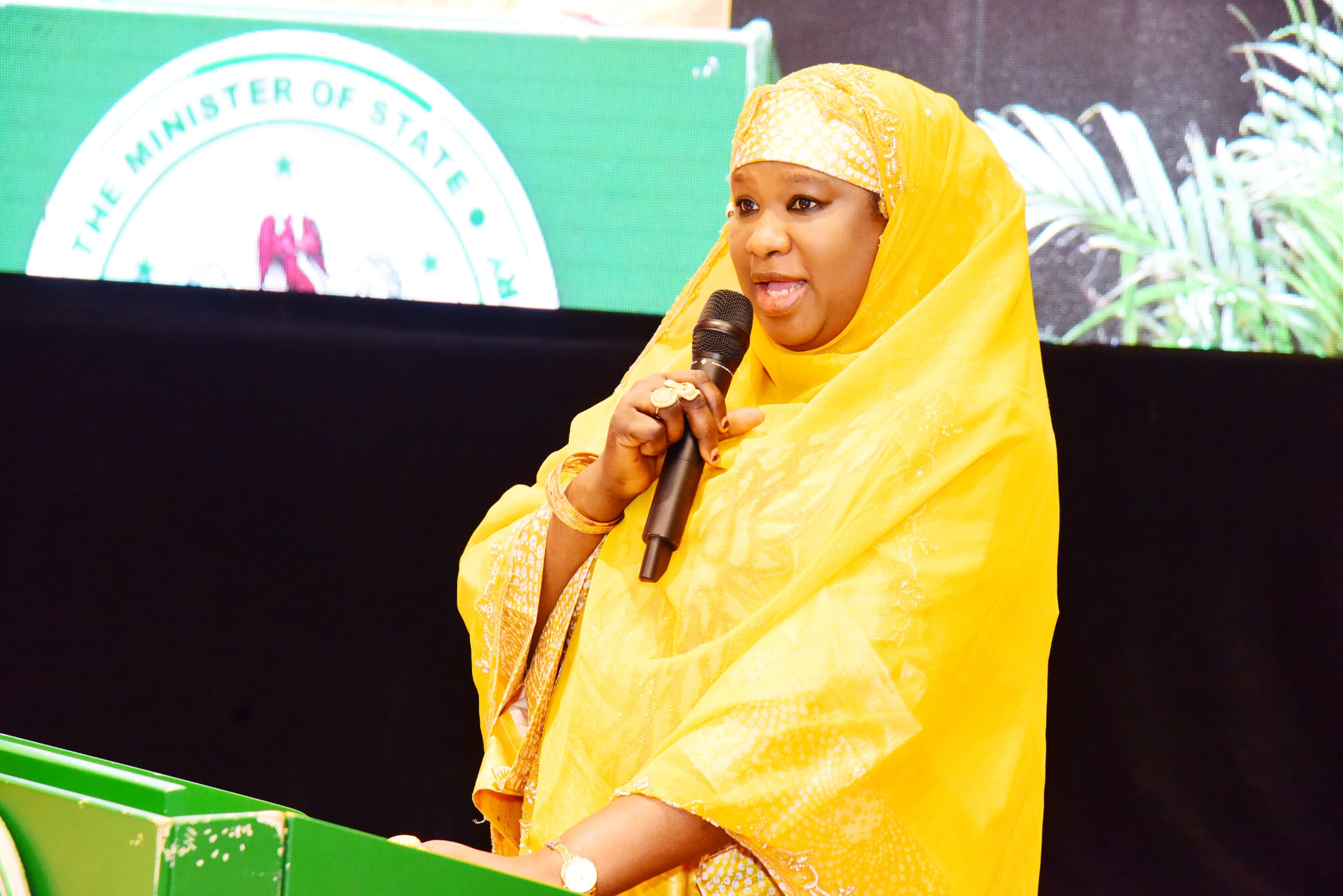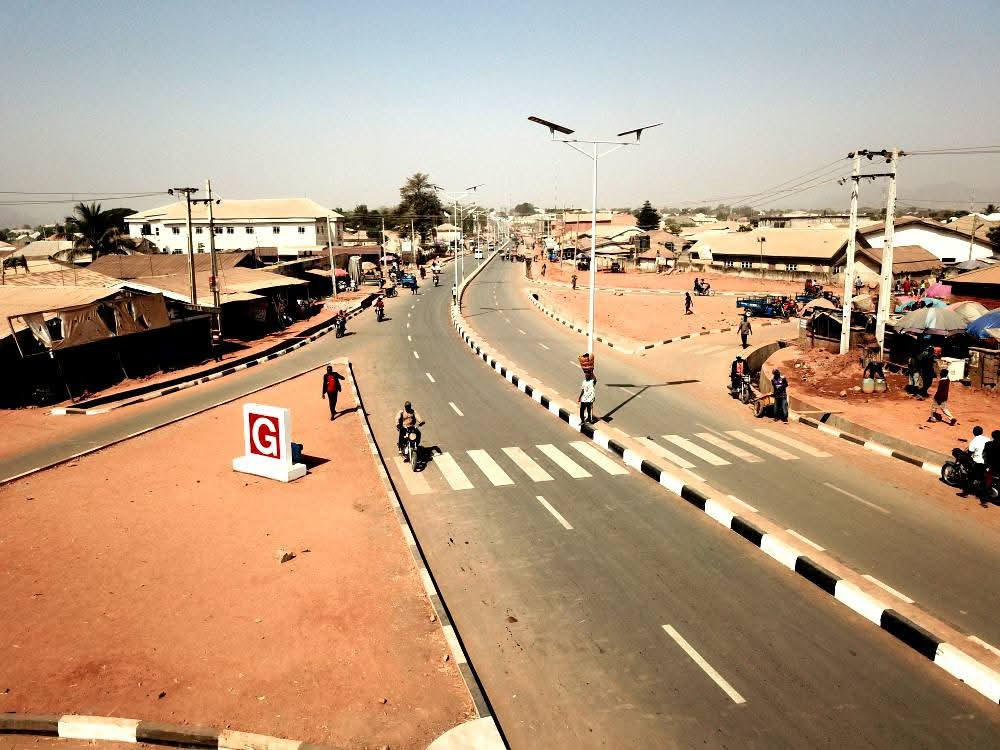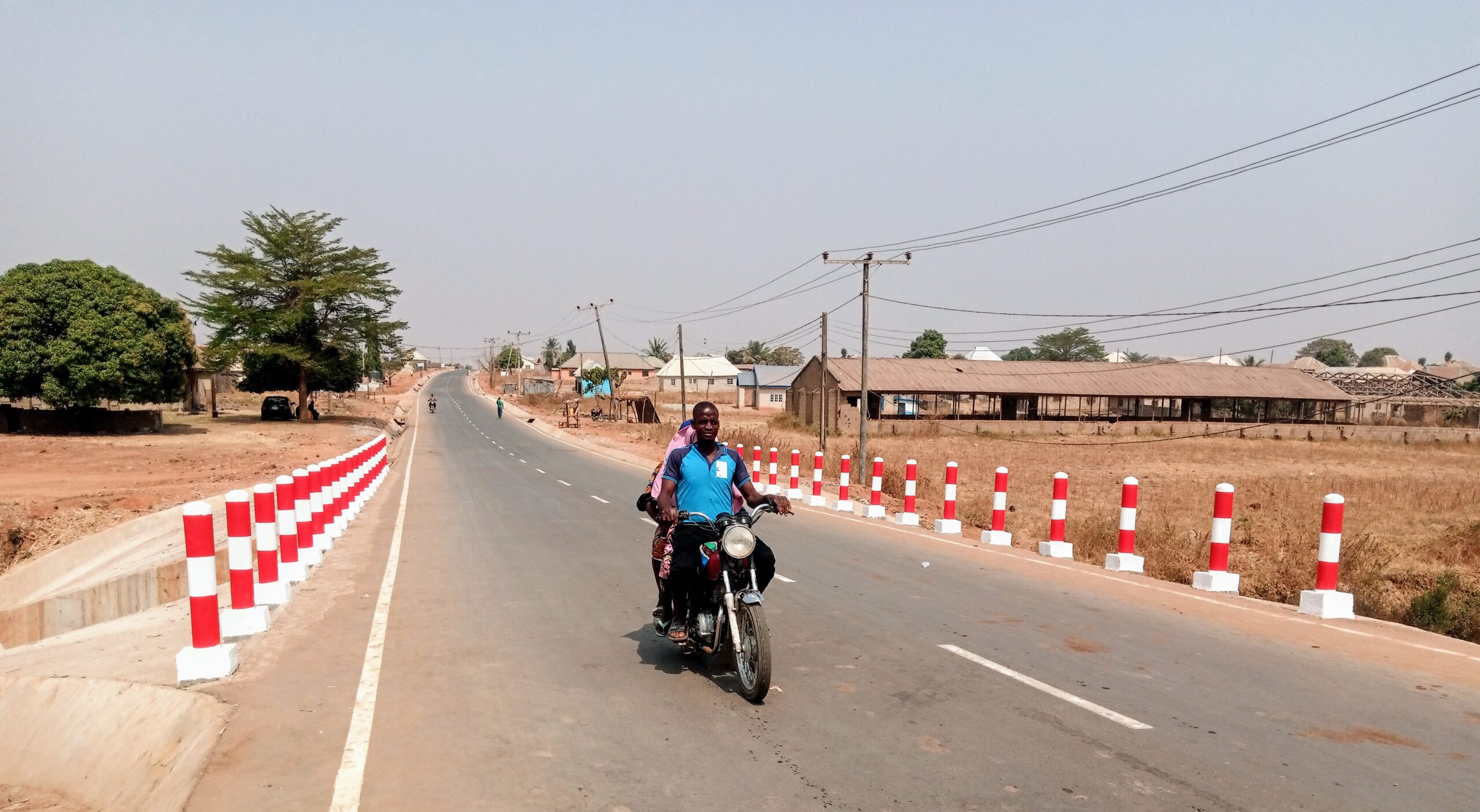FCTA leaving no one behind in fight against cancer – Minister
By Philip Yatai
Dr Mariya Mahmoud, Minister of State, Federal Capital Territory (FCT), says the FCT Administration is leaving no one behind in the fight against cancer.
Mahmoud stated this in Abuja on Wednesday, at an event organised by the National Institute for Cancer Research and Treatment (NICRAT) to commemorate the 2025 World Cancer Day.
The minister, who called for inclusive and sustained action against cancer, stressed the need for collaboration to “ensure that no one is left behind in the fight against cancer in FCT.
“We understand that tackling cancer requires collective efforts.
“This is why the FCT Administration is committed to forging strategic partnerships with institutions like NICRAT to enhance cancer awareness, build capacity for prevention and early detection.
“This, in the long run, will improve access to screening and treatment services.”
She said that the FCT Administration was investing in infrastructure and taking deliberate steps to strengthen its healthcare system.
This, according to her, will ensure that residents of the FCT have better access to quality healthcare services, including cancer prevention and treatment.
She commended NICRAT for its dedication to advancing cancer prevention, treatment, and research in Nigeria.
According to her, NICRAT commitment to driving awareness and fostering collaboration is truly commendable, and the day’s event is yet another testament to its tireless efforts.
Mahmoud reiterated the FCT Administration’s commitment to work hand in hand with NICRAT and other stakeholders to drive impactful interventions that would improve the health indices of residents and ultimately save lives.
Earlier, the Director-General of the institute, Prof. Usman Aliyu said that World Cancer Day was targeted at raising awareness, improving education, and catalysing joint action to prevent cancer.
Aliyu added that the event was also organised to mobilise support for persons affected by the disease.
Speaking on the 2025 theme, “United by Unique”, the D-G highlighted the importance of collaboration to create inclusive cancer solutions globally.
He said that since inception, NICRAT had initiated and sustained robust collaboration with local and international partners on training of cancer workforce at all levels of care, research, and contemporary preventive measures.
He said that the institute would continue to work hard to ensure the actualisation of President Bola Tinubu’s Renewed Hope Agenda in the health sector, especially cancer care. (NAN)
Edited by Mark Longyen







